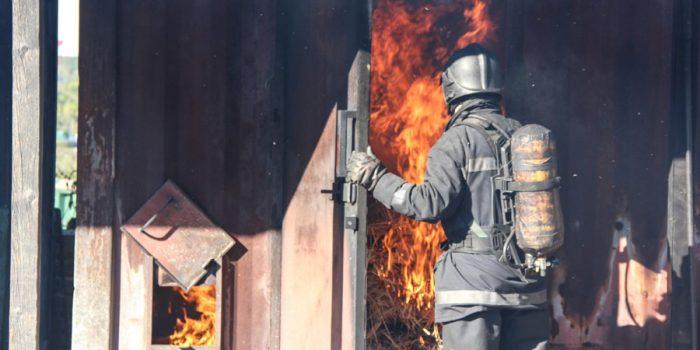
Safety and emergency procedures
In the event of an emergency customers and or Instructors should:
- Dial 999 for emergency services
- If on a Flying Fish vessel use Channel 16 VHF, or dial 999 from mobile phone for emergencies while afloat
- If it is a water-based incident, you must inform the Marine Accident Investigation Branch within 24 hours
- If involves work-related fatal or major injury you must inform Health and Safety executive
Disclosure
- Instructors are required to conduct a safety brief at the start of each course or event.
- Instructors are to check the Medical Declaration Form before starting the course
Action in the event of an emergency afloat
- Remove person/people from the danger
- In the event of an urgent situation concerning the safety of a vessel or person call PAN-PAN
- In the event of grave and imminent danger to vessel or person call MAY-DAY
- Make casualty comfortable/place in recovery position/perform artificial resuscitation as appropriate while awaiting assistance
- The patient must be monitored constantly until further medical attention has been sought
- Record incident in ship’s log and Flying Fish accident and incident book
- An MAIB accident form must be completed
Action in the event of a man overboard
- The instructor is to take full control of situation and is advised to use the procedure described in this handbook. Once a person has been recovered a full report of the incident must be completed.
- Instructor must seek medical advice
Distress signals
Mayday
A distress call is used when there is grave and imminent danger to vessel or person and immediate assistance is required. Select channel 16 and transmit.
Pan Pan
Urgency call is used when you have a very urgent message concerning the safety of a vessel or a person. Select channel 16 and transmit.
Distress signal
Instructors should ensure that students are aware of and capable of using the yacht/RIBS available systems for signalling distress.
Normal operating procedures
Powerboat training
- A ratio of 3:1 will be maintained for RYA powerboat training
- Life jackets or buoyancy aids MUST always be worn, while afloat and on the pontoon
- A kill cord must be worn by the driver while the engine is running
- Safety brief must be given before the start of each course
- Must comply with speed limits and local bylaws
- Instructors must have an up to date weather forecast before leaving the marina
- VHF should be carried at all times, a listening watch maintained on either of the following channels
Heavy weather (Power boat training)
The instructor should make for safety if the wind exceeds 25 knots in the Solent. Thereafter training to be conducted within the safety of the River Medina area
Powerboat training area
Training is to be conducted within the Solent, a limit of 3 miles from our base at Cowes Yacht Haven must be observed for all Powerboat training courses.
Motorboat practical training courses
- It is the responsibility of the skipper or instructor to ensure that their training vessel complies with MCA safety/RYA codes and ALL safety equipment is onboard before departing from the departure port.
- Skippers and instructors should only agree to use chartered vessels if the required safety equipment is present and the vessel meets the codes of practice
- Life jackets or buoyancy aids MUST always be worn, while afloat.
- The skipper is to perform a safety brief, shown in the boat pack, at the start of each course.
- Man overboard procedure should be demonstrated on leaving the River Medina on the first day of training
Heavy weather
Instructors must make for port in the event of wind forecasts in excess of 25 knots. When strong wind warnings are in force your instructor will make a judgement based on predicted wind strength, direction, sea state, crew strength, and length of passage before heading outside sheltered waters.
Anchoring
- An anchor watch run by the students must be maintained by visual means, and not rely solely on electronic equipment.
- An Anchor ball must be in raised and in clear view when anchored
Protection
Covered footwear is compulsory. Factor 30 sun cream and hat with are strongly recommended for outdoor activities, during summer months
Medical
Students are required to inform Flying Fish of any medical conditions or prescription drugs that may affect their training.
Alcohol on board
- Under no circumstances is alcohol to be consumed on board while on a training course.
- Instructors must comply with the codes of practice governing alcohol limits onboard coded `vessels when ashore or afloat
Alcohol ashore
- Instructors and students are forbidden from excessive drinking in Flying Fish accommodation.
- Customers will be required to sign our accommodation rules
Negligence
Customers that damage a yacht or its equipment as a result of negligence will be required to pay for any damage caused

